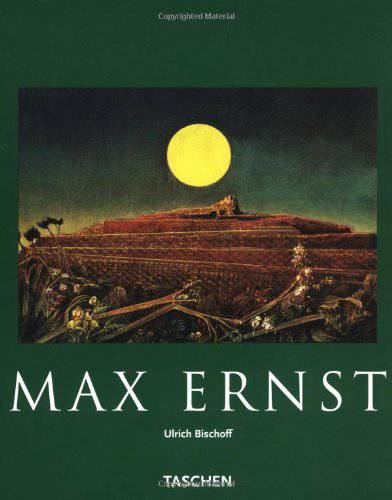Max Ernst (1891–1996) is one of the most important figures of Dadaism and Surrealism. As a student in Bonn, he found himself drawn to the Dada movement that had arisen in counter-reaction to the mass slaughter of World War I. The closing of the famed Dada exhibit in Cologne for ’obscenity’ led Ernst to decide to spend the rest of his life in Paris, where he came in contact with the Surrealists. Above all, Ernst stands out for his varied style and technique, having produced an oeuvre that reaches from paintings, drawings and sculpture, across texts and stage settings to collage-novels and the development of his own ’frottage’ technique. During the World War II, Ernst, like many of his colleagues, became an ’undesirable foreigner’ and was forced to emigrate; after the war, however, he returned to his adopted homeland. In 1954 he received the Grand Prize for Painting at the Biennial in Venice and during the 1960s his work was honoured with major retrospectives.
- / Author
- / Mentioned
